cottonseed meal for blueberries
drcindy
15 years ago
Related Stories

FEEL-GOOD HOMESimple Pleasures: Treasuring the Gift of Grandparents
You can enrich your family life by bringing generations together for shared meals, quilting projects, storytelling
Full Story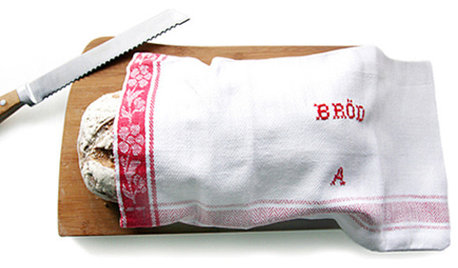
Guest Picks: Summer Cottage Breakfast Table
Wake up to a thoughtfully set table for a simple morning meal by the lake
Full Story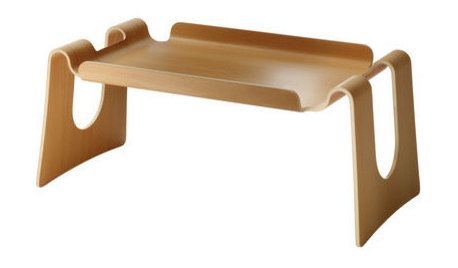
PRODUCT PICKSGuest Picks: The Tray's the Thing
Set out a party nosh or personal meal in style with a colorful, minimalist or playful serving tray
Full Story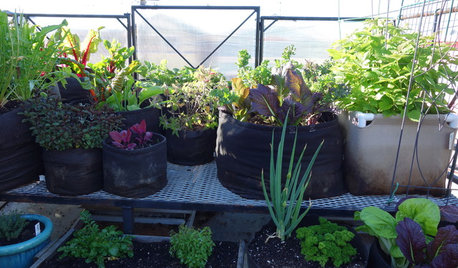
FARM YOUR YARDAn Urban Greenhouse Overflows With Edibles
Making meals just means stepping into the yard for a San Francisco couple who revamped an old orchid house
Full Story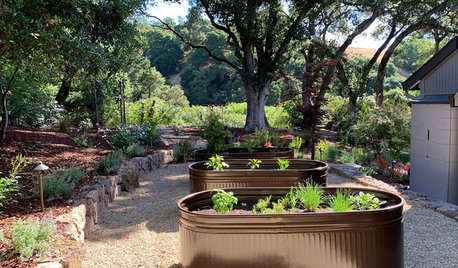
FARM YOUR YARD6 Things to Know Before You Start Growing Your Own Food
It takes time and practice, but growing edibles in the suburbs or city is possible with smart prep and patience
Full Story
FARMHOUSESHouzz Tour: Shaker Simplicity Inspires a Modern Farmhouse
Mixing classic farmhouse style with sustainable features, this Connecticut home is as charming as it is sensible
Full Story
MOST POPULAR10 Strategies for Keeping Surfaces Clutter-Free
The universe wants your coffee table to become a clutter magnet — but you can fight back
Full Story
DINING ROOMS8 French Farmhouse Dining Rooms Worth Lingering In
Airily romantic or casual and cozy, these French farmhouse–style spaces encourage the art of leisurely dining
Full Story
LIFESimple Pleasures: Indulging in Teatime
Get out the china cups and cream-slathered scones. Tea with treats can make even an uneventful day feel extravagant
Full Story
LIFESimple Pleasures: A Real Sit-Down Breakfast
Give grab-and-go the heave-ho. To start the day right, treat yourself to a proper breakfast in a cheery spot
Full Story





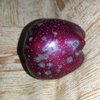
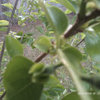

nhardy
Embothrium
Related Professionals
Ashland Landscape Architects & Landscape Designers · Camas Landscape Architects & Landscape Designers · Essex Landscape Architects & Landscape Designers · Hershey Landscape Architects & Landscape Designers · Stoughton Landscape Contractors · Berkeley Heights Landscape Contractors · Doctor Phillips Landscape Contractors · Eureka Landscape Contractors · Galt Landscape Contractors · Indianapolis Landscape Contractors · Lakeville Landscape Contractors · Oak Harbor Landscape Contractors · Pompton Lakes Landscape Contractors · Quincy Landscape Contractors · San Bruno Landscape ContractorsEmbothrium
tcstoehr
gonebananas_gw
Embothrium
marylandmojo
alan haigh
gonebananas_gw
tcstoehr
alan haigh
Embothrium